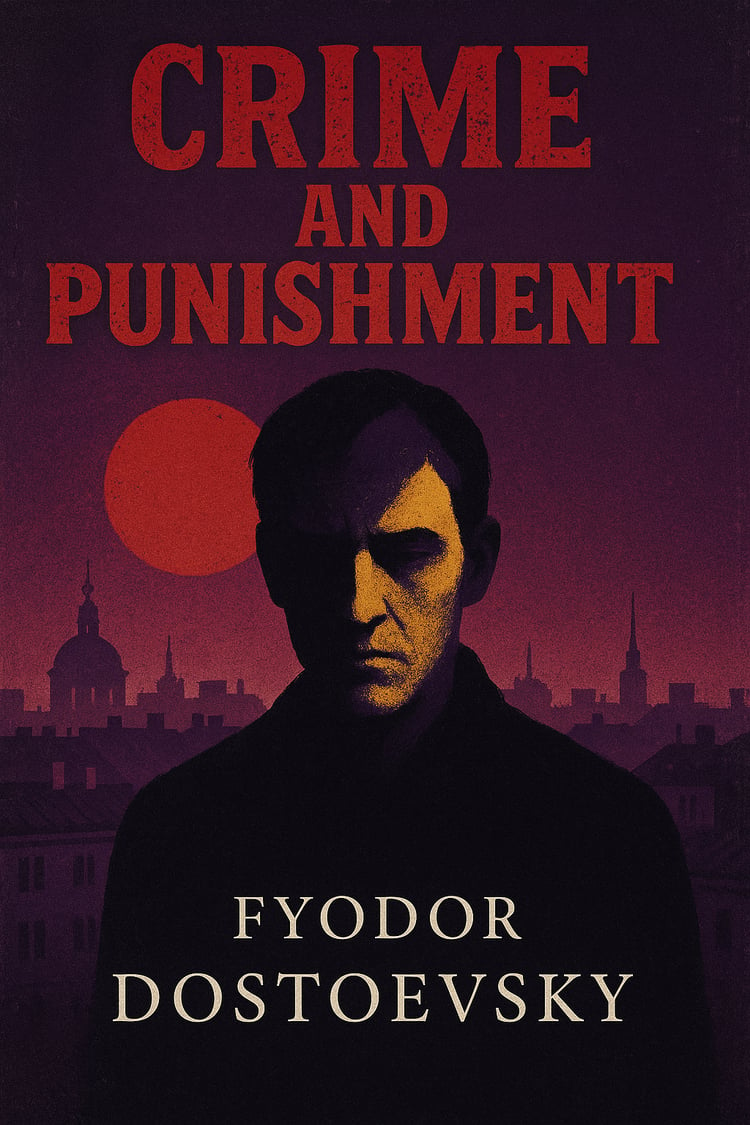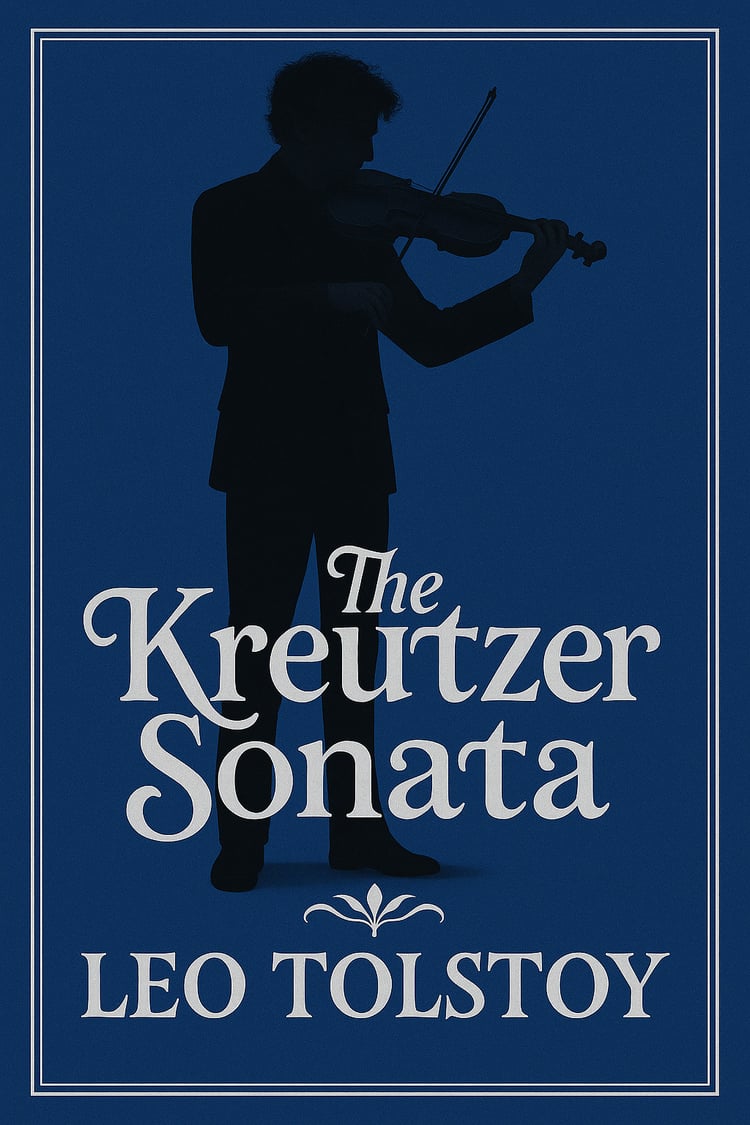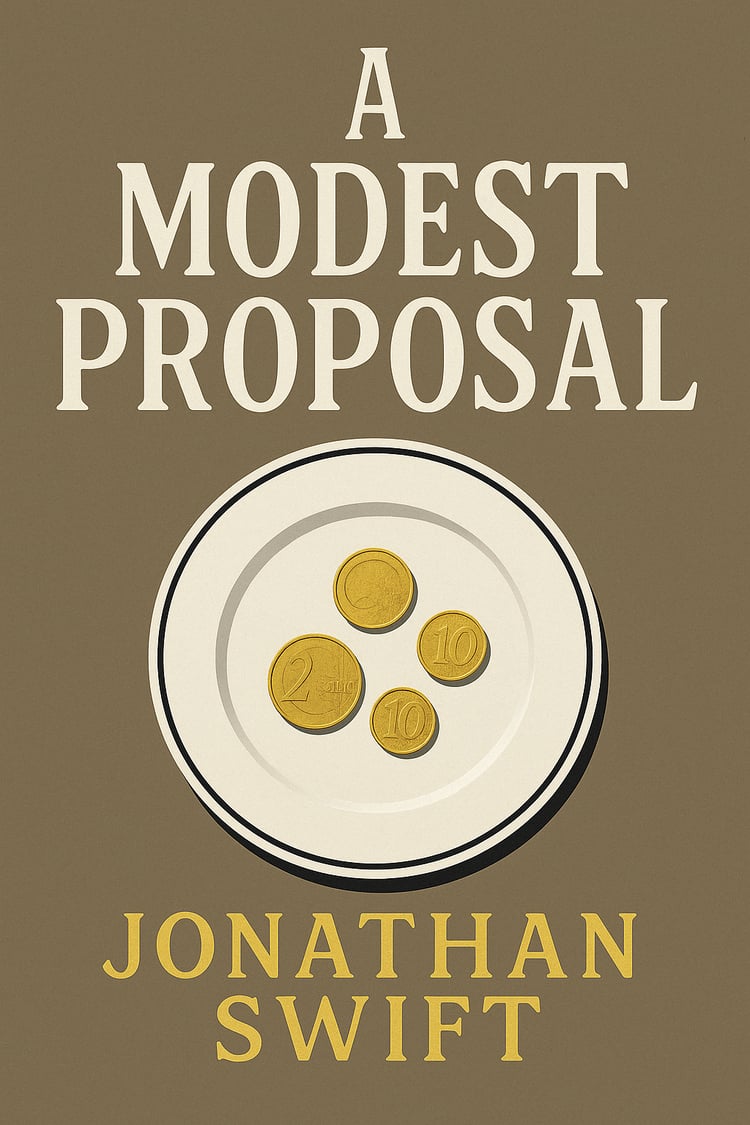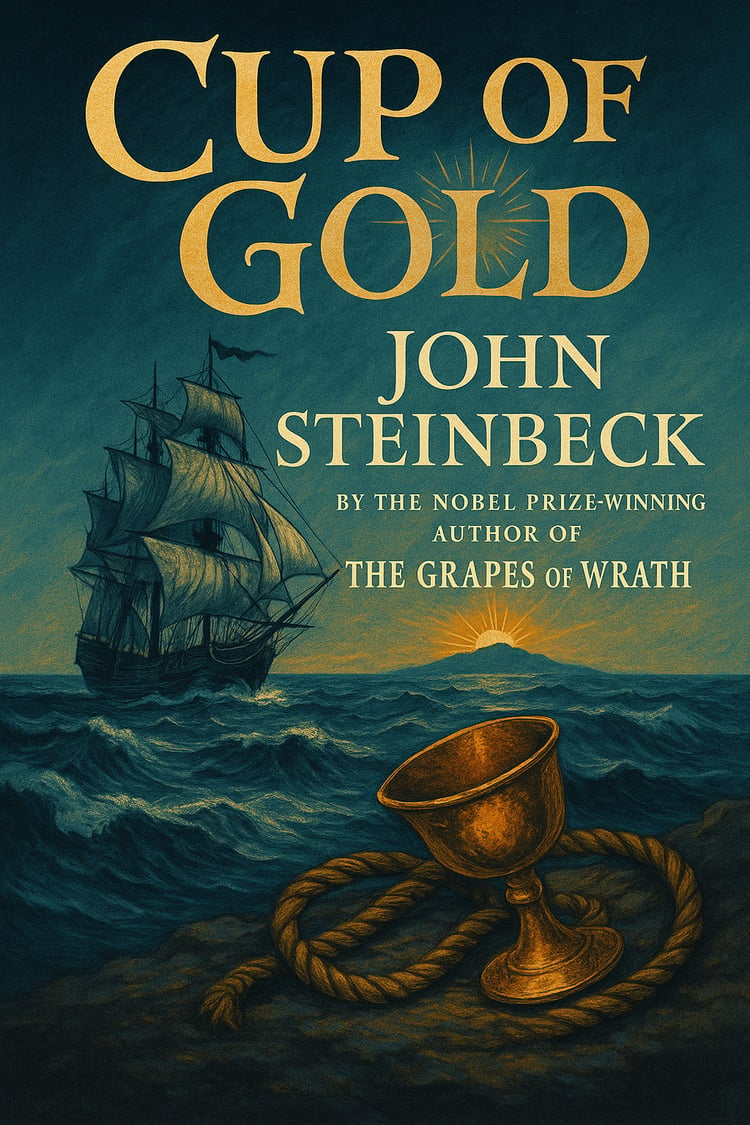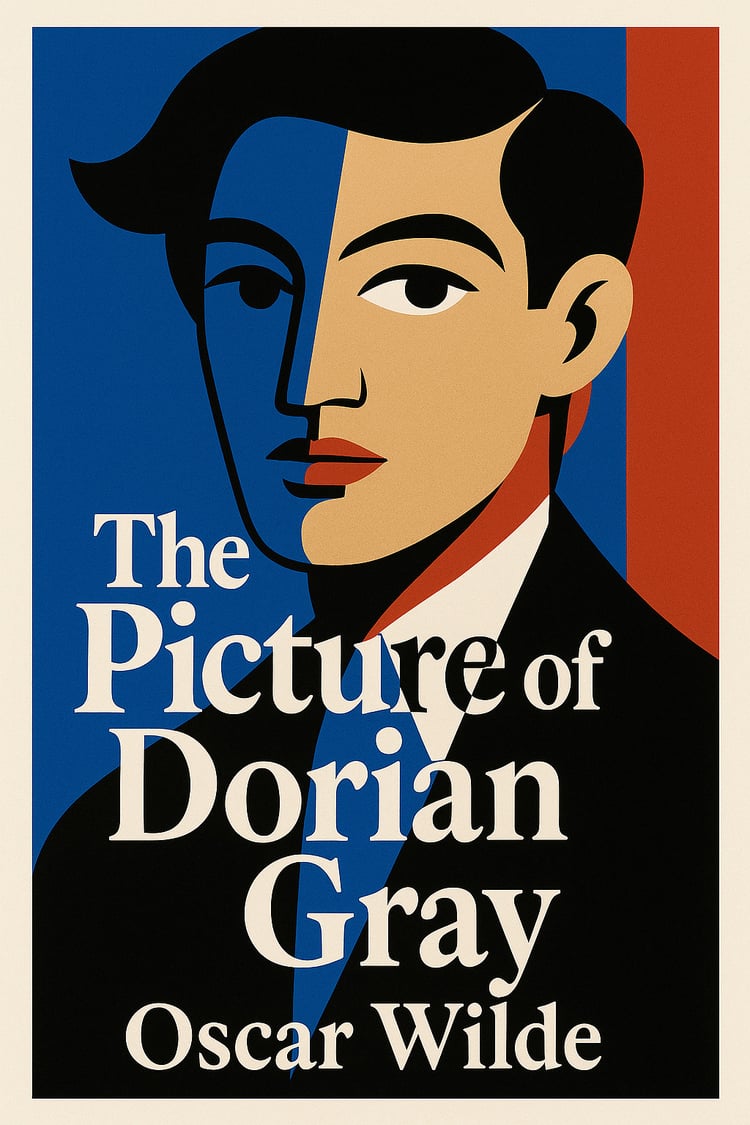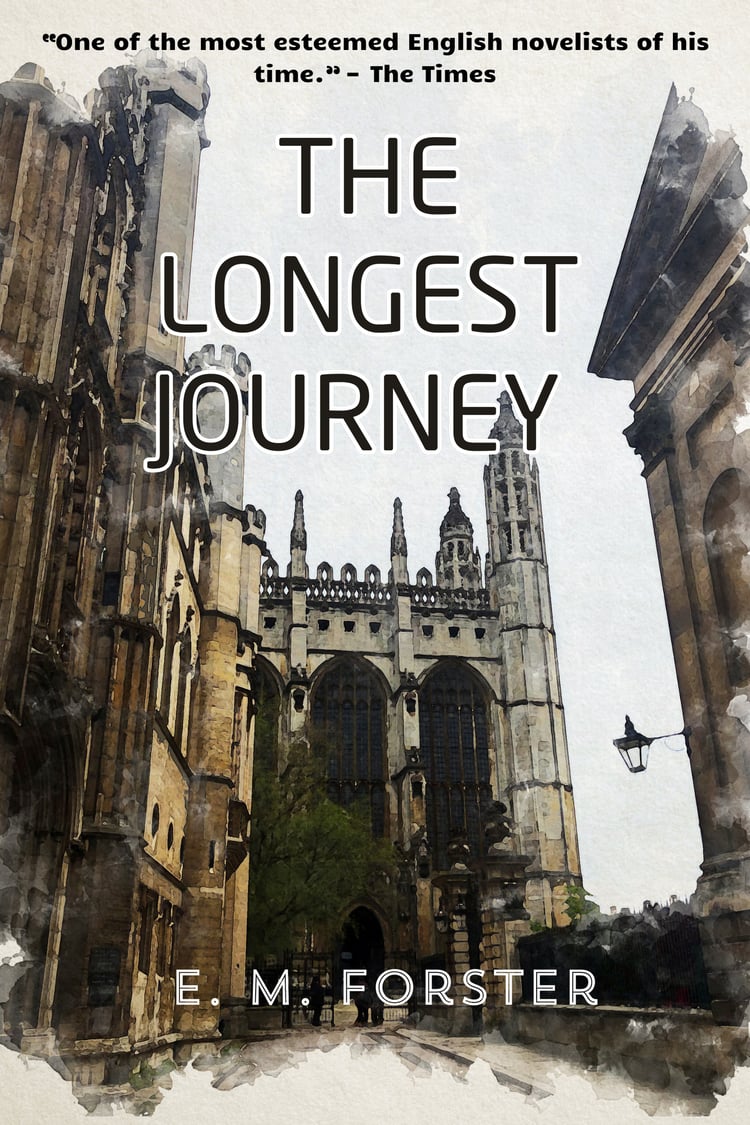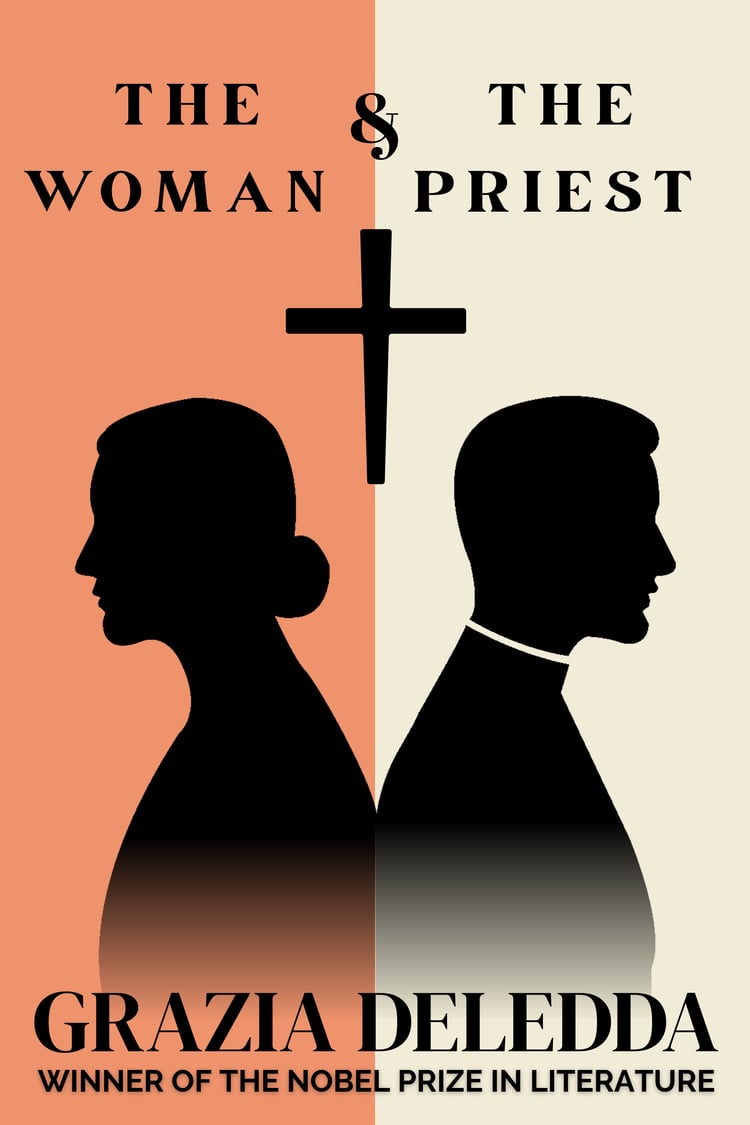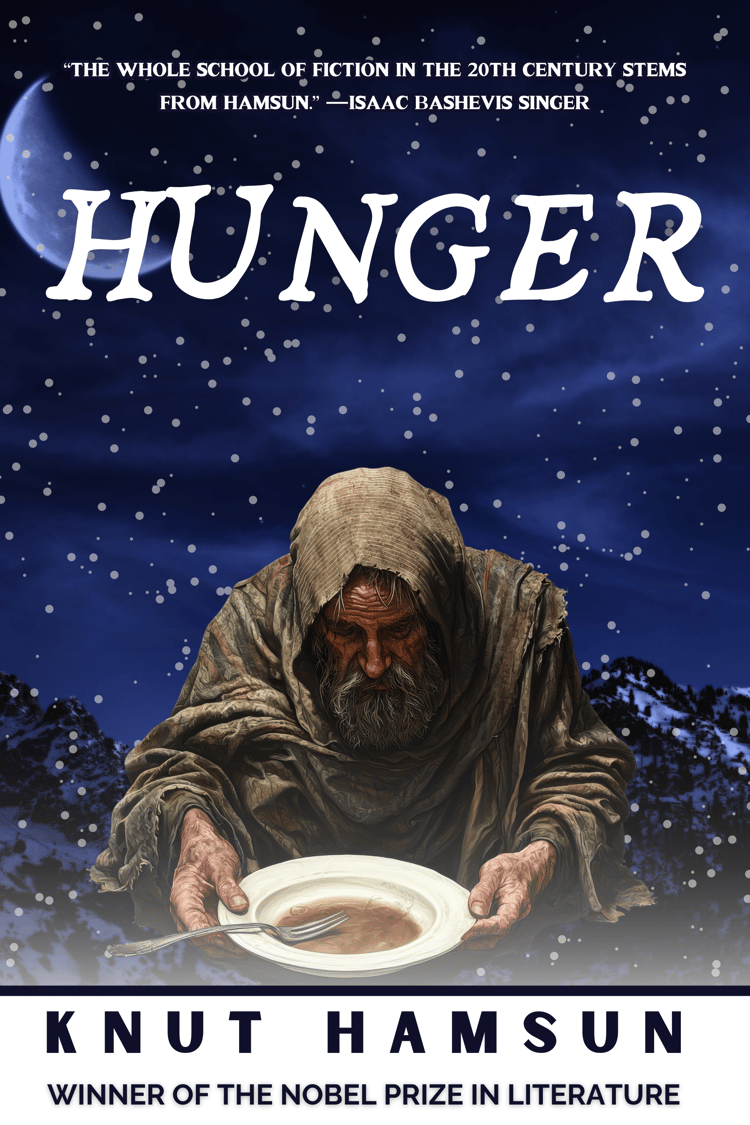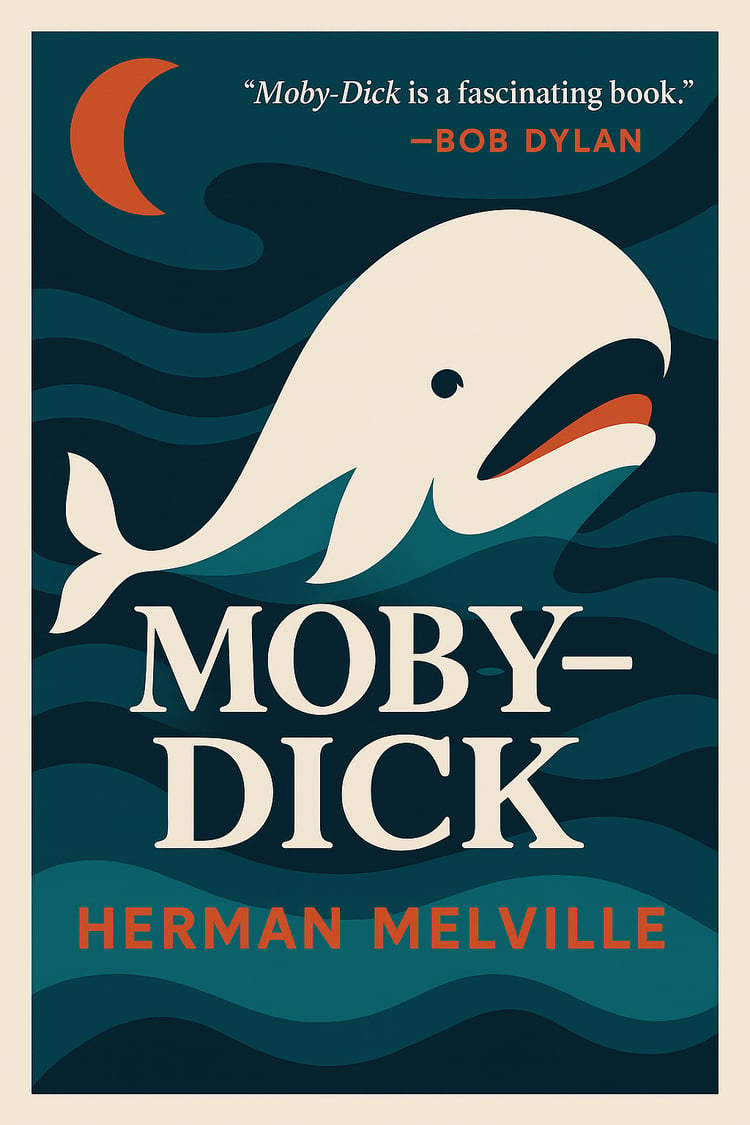
A Christmas Carol
Ranked among the 100 Best Books by the BBC
In Charles Dickens’ beloved classic A Christmas Carol, the bitter and miserly Ebenezer Scrooge is visited by four spirits on Christmas Eve. These ghostly guides lead him on a profound journey through his past, present, and future, exposing the harsh consequences of his greed while offering a chance at redemption.
Beyond its enchanting narrative, Dickens’ tale serves as a powerful critique of 19th-century England’s social injustices. Through characters like the humble Bob Cratchit and his frail son, Tiny Tim, Dickens underscores the virtues of kindness and generosity in a world marked by inequality.
A timeless literary treasure, A Christmas Carol endures as a stirring reminder of hope, transformation, and the true meaning of Christmas.
About the author
Charles Dickens (1812–1870) stands as a colossus of English literature, a writer whose work fundamentally reshaped the novel as an art form and whose social critique drove meaningful conversations about inequality and human dignity. From Oliver Twist to Great Expectations, his novels are populated with unforgettable characters that reveal the complex social dynamics of Victorian England. More than a novelist, Dickens was a social reformer whose writing shed light on the struggles of the working class, the failures of social institutions, and the potential for individual and collective transformation.


